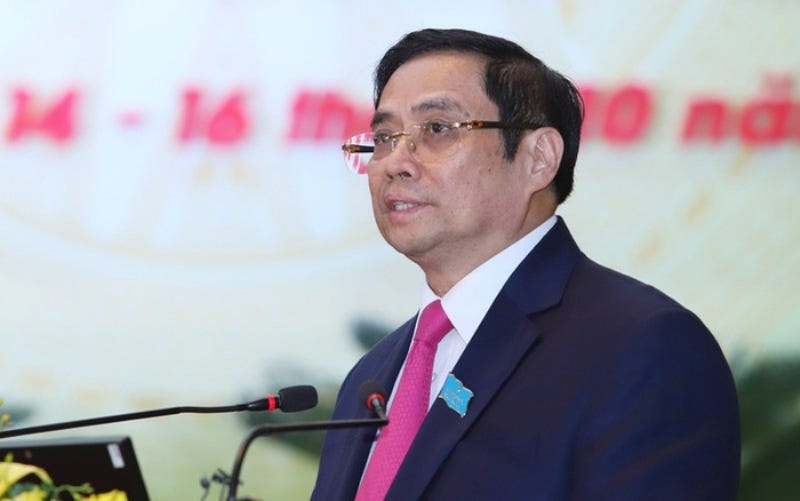Vietnam Party Congress: Better Red than Right
The best man didn't win
By: David Brown
The 13th Congress of the Vietnamese Communist Party adjourned at last on February 1. The eight-day meeting – closed to outsiders except for the opening and closing ceremonies – wound up a year of intense internal politicking. Delegates ratified pre-cooked lists of leading cadres, the men and a handful of women who will populate the 200-me…
Keep reading with a 7-day free trial
Subscribe to Asia Sentinel to keep reading this post and get 7 days of free access to the full post archives.

